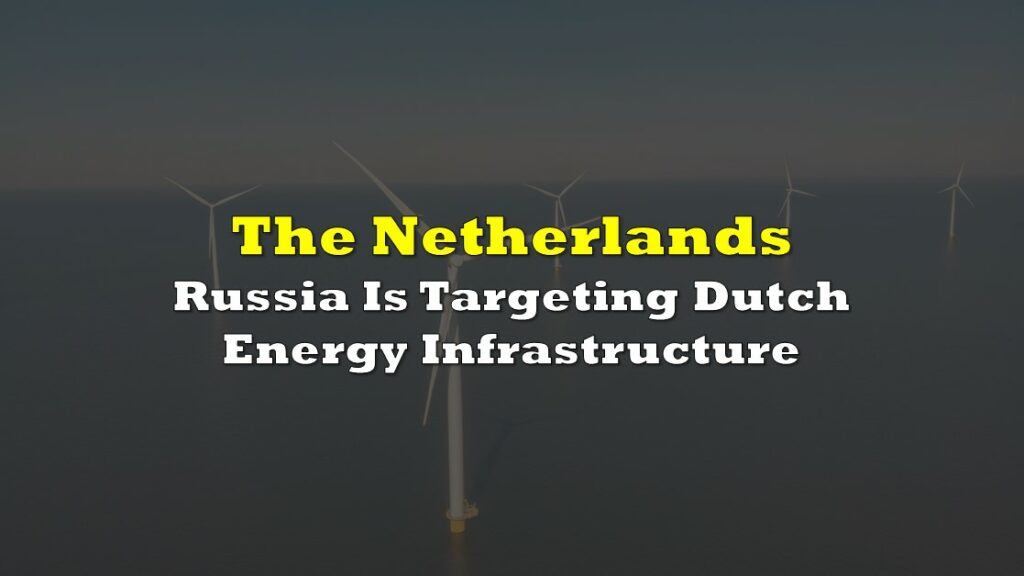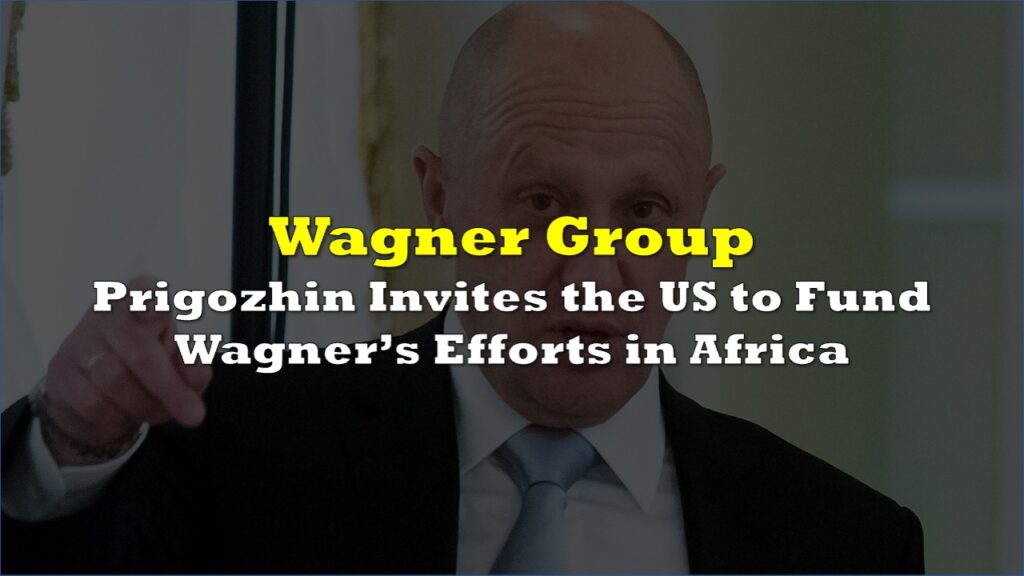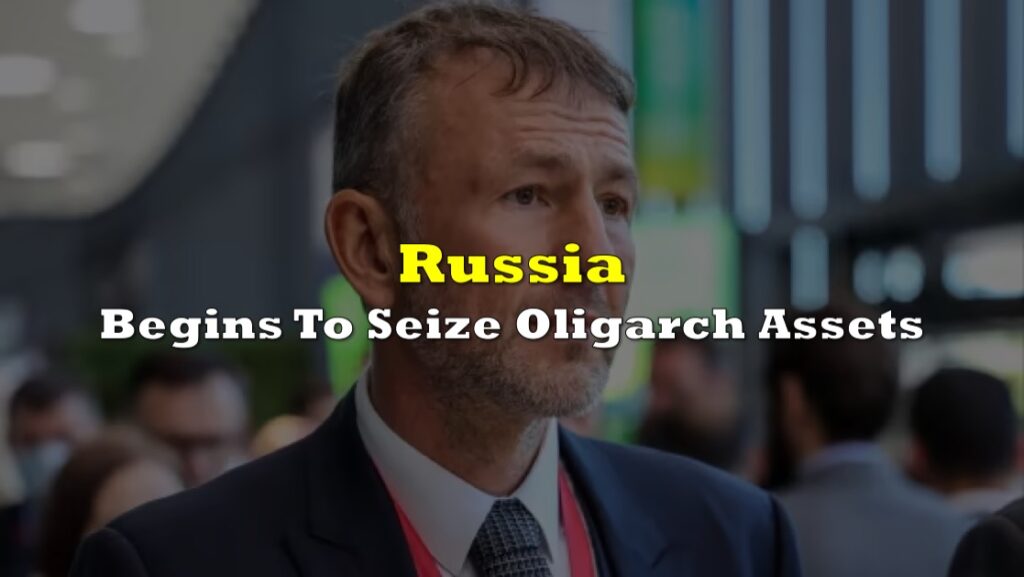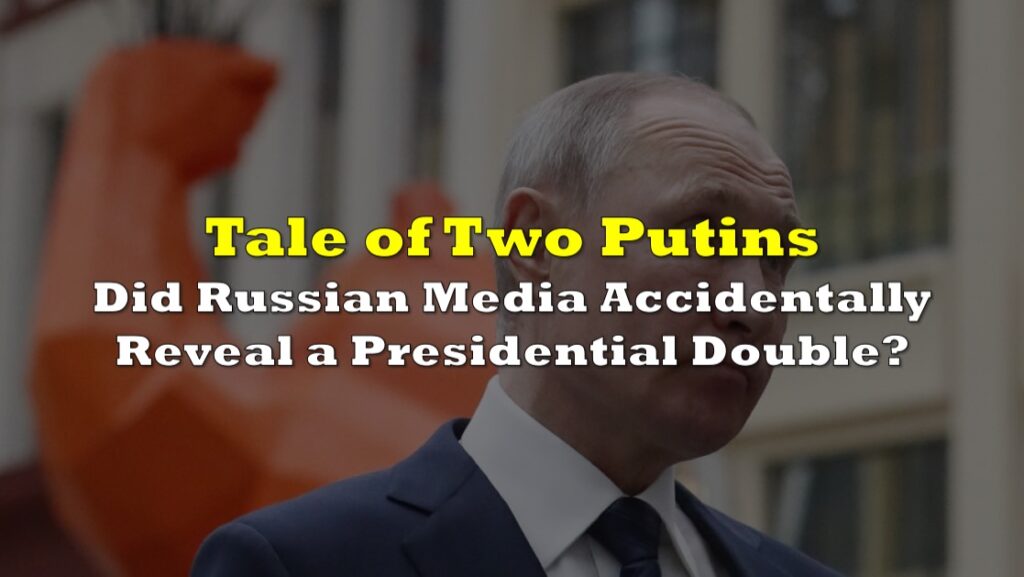The arrest of Pavel Durov, the founder and CEO of the popular messaging app Telegram, in France on Saturday evening has sent shockwaves through Russia, triggering a crisis within both the Kremlin and the broader Russian public. The billionaire tech entrepreneur, who has long been seen as an elusive figure straddling the line between resistance and collaboration with Russian authorities, was detained at Bourget Airport near Paris upon returning from Azerbaijan.
In the ongoing conflict in Ukraine, Telegram has become an indispensable tool for the Russian military. It is widely used for communication, coordination, and the dissemination of both public and classified information. The platform’s encrypted nature has made it particularly valuable in a war where information control is as crucial as battlefield strategy. Russian forces and state-backed media have leveraged Telegram to spread propaganda, coordinate troop movements, and manage logistics.
The sudden arrest of Durov has thrown this delicate ecosystem into disarray. Prominent Russian military bloggers, often referred to as Z-bloggers for their staunch support of the invasion of Ukraine, have expressed deep concern over the implications of Durov’s detention.
“In fact, they detained the communications chief of the Russian Armed Forces,” one blogger noted, underscoring the app’s centrality to Russia’s military operations.
⚡️🇷🇺Russian Z-bloggers are interestingly commenting on the situation with the detention in 🇫🇷France of the Russian billionaire and Telegram owner Pavel Durov. They write:
— 🪖MilitaryNewsUA🇺🇦 (@front_ukrainian) August 25, 2024
"In fact, they detained the communications chief of the Russian Armed Forces" pic.twitter.com/78GrRCxSMI
There is a growing anxiety within Russian ranks that Durov’s arrest could lead to disruptions in Telegram’s operations, potentially exposing Russian military communications to adversaries. The platform’s encryption, while robust, is now under scrutiny, with concerns that French authorities might gain access to sensitive information if they pressure Durov to cooperate.
Some Russian commentators have even speculated that this could lead to a catastrophic breakdown in operational security, likening the potential fallout to the British cracking of the Enigma code during World War II.
‼️🚨The app Telegram is the main communication tool for the Russian army during the invasion of Ukraine
— PS01 △ (@PStyle0ne1) August 25, 2024
Russians are livid that Durov was arrested because it potentially undermines their communications.
I hope France 🇫🇷 shares the encryption with Ukraine 🇺🇦 https://t.co/l3JillwaUV pic.twitter.com/4dtNqh7kMP
Kremlin reaction
The Kremlin has responded with a mix of outrage and diplomatic maneuvering. Russian officials have condemned the arrest as a politically motivated attack, drawing comparisons to their own past attempts to regulate Telegram, which they now see as hypocritical given France’s actions. The Russian Foreign Ministry has been particularly vocal, accusing the French government of violating international norms and engaging in what they describe as “totalitarian behavior.”
Maria Zakharova, the spokesperson for the Russian Foreign Ministry, suggested that the arrest was part of a broader Western conspiracy to undermine Russian interests.
“This is not about law enforcement; it’s about silencing one of the few platforms that allows for free expression,” Zakharova stated.
Other Russian officials have echoed these sentiments, with State Duma members calling on French far-right politician Marine Le Pen to intervene on Durov’s behalf, given her known sympathies towards Russia.
Russia to Le Pen. We paid for you now do something to free Durov pic.twitter.com/uVGIO2EUrT
— Olga Lautman 🇺🇦 (@OlgaNYC1211) August 25, 2024
Further complicating matters, the arrest has sparked rumors of a potential intelligence operation against Russia. Some Russian commentators have suggested that Durov’s detention could be an attempt by Western intelligence agencies to gain access to Telegram’s encrypted data, which could severely compromise Russian military and state communications.
👆 For all the Russian liberals who are raring to defend Durov, I'd like to remind you that he personally ordered the closure of all bots related to smart voting:
— Denis Danilov (@DenisDanilovL) August 25, 2024
“As the election campaign in Russia has come to an end and the election process itself has begun, the so-called… pic.twitter.com/fAt45EY3Eh
If they can come for Pavel Durov, they can come for any tech billionaire with four citizenships providing an encrypted platform for rogue states and organised crime networks and refusing to cooperate with investigations.
— XSovietNews 🇺🇦 (@XSovietNews) August 25, 2024
Russian nationalists and state media
The reaction from Russian nationalists and state media has been varied, reflecting the complex role that Durov and Telegram play in Russian society. On one hand, some nationalists view Durov as a traitor who, despite creating a platform essential to Russian interests, has lived abroad and resisted full cooperation with the Kremlin. These voices are now calling for Telegram to be brought under tighter state control to prevent any potential compromise of Russian communications.
On the other hand, there is a growing sentiment that Durov’s arrest is a direct attack on Russian sovereignty and technological independence. Russian state media has begun to frame Durov as a victim of Western aggression, emphasizing his importance to Russian national security and framing the arrest as an assault on a key figure who has resisted Western hegemony. This narrative is being amplified by influential voices within the Russian media ecosystem, who argue that the West fears Telegram’s power to bypass traditional information controls.
Andrei Pivovarov, a well-known Russian opposition figure and human rights advocate, posted, “I don’t think that Telegram is secure and the loyalty of the Russian authorities to it raises questions. But Durov clearly has nothing to do with terrorism, drugs, etc. His detention is bad and a blow to freedom of speech.”
Beyond the immediate concerns about military communication, Durov’s arrest also threatens to destabilize a key element of Russia’s digital influence. Telegram has been a cornerstone of Russia’s soft power strategy, allowing the Kremlin to project its narratives globally without the interference of Western tech giants like Facebook or X, which have increasingly restricted Russian state media. The platform has enabled Russia to maintain a direct line of communication with millions of users worldwide, including in regions where traditional Russian media might be blocked or censored.
Moreover, the financial and political implications of Durov’s arrest are significant. Telegram has received substantial funding from Russian oligarchs and state-connected entities, raising questions about the extent of the Kremlin’s involvement in the platform’s operations. Figures like Roman Abramovich and Alisher Usmanov, who are known for their close ties to Vladimir Putin, have been linked to the financing of Telegram. This relationship has fueled speculation that Durov’s arrest could be part of a broader Western strategy to dismantle key pillars of Russian influence abroad.
❗️❗️Durov's arrest can be compared to the hacking of "Enigma" by the British during the Second World War. Telegram is the only messenger that is actively used by the russian army, says Andriy Kovalenko, head of the Central Security Service at the NSDC.
— Jürgen Nauditt 🇩🇪🇺🇦 (@jurgen_nauditt) August 25, 2024
"Thanks to Durov's case,…
For the Russian government, the stakes could not be higher. If Telegram’s operations are compromised or if Durov is forced to cooperate with Western authorities, it could lead to a significant breach of Russian national security. Such an outcome would not only affect the military but could also expose the Kremlin’s broader digital strategies, potentially weakening Russia’s ability to control the narrative both at home and abroad.
Information for this briefing was found via the sources mentioned. The author has no securities or affiliations related to this organization. Not a recommendation to buy or sell. Always do additional research and consult a professional before purchasing a security. The author holds no licenses.









